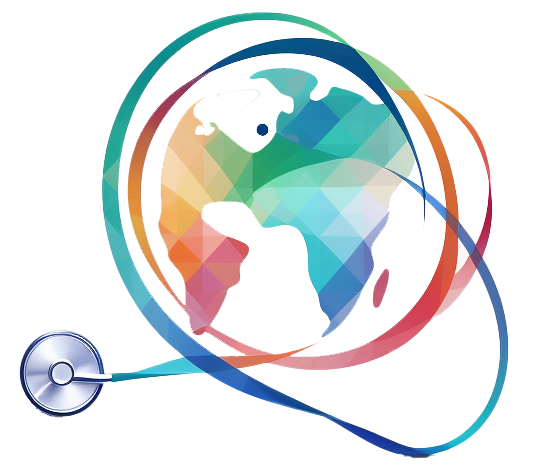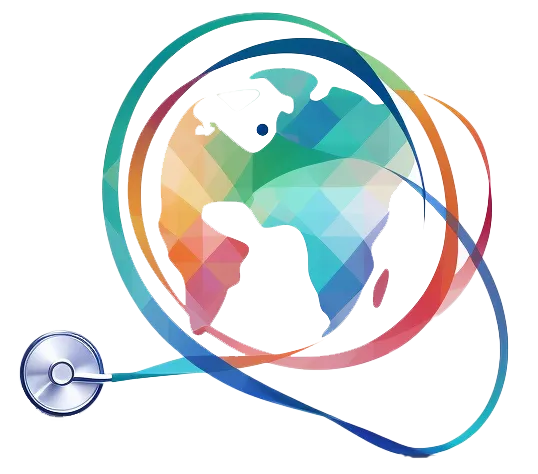I. Preamble to Progress
Within the intricate realm of healthcare, emerging technologies are not merely serving as tools but as catalysts that are meticulously rewriting the script of medical management, patient care, and surgical precision.
II. Telehealth: Decoding Remote Patient Management
The boundaries that once defined and confined healthcare are now expansively extended, owing to telehealth. This paradigm introduces the healthcare ecosystem to a domain where management, consultation, and even diagnostics are facilitated beyond the conventional clinic.
A. Diagnostics from a Distance
Telehealth is amalgamating primary care and technology, bestowing clinicians the capability to diagnose, manage chronic illness, and provide expert consultation without the geographical constraints.
B. Security in Virtual Health
While opportunities are vast, telehealth simultaneously brings forth challenges pertaining to data security and patient privacy, demanding stringent policies and robust cybersecurity frameworks.
III. Artificial Intelligence (AI): The Invisible Hand in Healthcare
AI has seamlessly integrated into numerous facets of healthcare, offering enhanced predictive analysis, diagnosis, and personalizing patient care paths.
A. Automated Diagnostics
AI’s capacity to analyze and deduce from patterns has substantively contributed to diagnostic precision, even in complex cases involving myriad variables.
B. Tailoring Treatment Paths
Through meticulous data analysis, AI tailors treatment paths that are distinctly personalized, optimizing efficacy and minimizing potential risks.
IV. Robotics: Enhancing Precision and Minimizing Invasiveness in Surgery
Robotic systems in healthcare are no longer confined to logistical operations but have permeated into surgical suites, offering precision that augments surgical outcomes.
A. Minimally Invasive, Maximally Efficient
Robotic assistance in surgery not only enhances precision but also significantly reduces invasiveness, promising quicker patient recovery and minimized surgical risks.
B. Charting the Ethical Path
Robotics in healthcare invites dialogues on establishing ethical norms, ensuring judicious and equitable application and access across varied patient demographics.
V. Wearable Technology: Health Monitoring in Real-Time
Healthcare is migrating from episodic to continuous, courtesy of wearable technology that provides real-time insights into vital statistics, enabling proactive management.
A. Preventive Approach
Wearables have shifted the healthcare paradigm from reactive to preventive, allowing for interventions that are timely and based on continuous data.
B. Wearable Challenges
As wearables become intrinsic to healthcare, the challenges of data accuracy, privacy, and standardized integration into healthcare protocols must be addressed.
VI. 3D Printing: Tailoring Prosthetics and Beyond
From crafting precise prosthetic components to exploring the possibilities in organ printing, 3D printing is revolutionizing personalized healthcare delivery.
A. Beyond Prosthetics
The advent of 3D printing extends beyond prosthetics, venturing into realms like bioprinting which could potentially mitigate challenges related to organ transplantation.
B. Ethical Constructs
The application of 3D printing in healthcare necessitates structured ethical and regulatory guidelines to ensure applications are developed and deployed within principled boundaries.
VII. Blockchain: Securing Health Data
Blockchain is introducing healthcare to a secure, decentralized mechanism to manage health data, ensuring transparency, and security.
A. Decentralizing Data Management
Through blockchain, health data management becomes secure and transparent, providing a decentralized ledger that mitigates risks of data breaches.
B. Navigating Regulatory Confluence
As blockchain becomes pivotal in health data management, harmonizing its functionalities with existing legal and regulatory frameworks becomes imperative.
VIII. Conclusion: Melding Ethics with Innovation
Emerging technologies, while propelling healthcare into a future of possibilities, necessitate a balanced approach where ethical considerations, regulatory compliances, and technological advancements converge harmoniously.
A. Ethical Considerations
As we leverage technology to enhance healthcare, ensuring these advancements are judiciously and equitably applied becomes crucial.
B. Bridging the Gap
While technology offers potential, it is pivotal that its benefits permeate through all strata of patient demographics, ensuring advancements are universally accessible and not privileged.
C. Regulatory Adherence
Ensuring technological applications within healthcare adhere to regulatory norms ensures patient safety, data security, and maintains the integrity of healthcare delivery.
The emergence and integration of innovative technologies within healthcare are not merely altering existing protocols but are carving out avenues that were previously unexplored or perceived as implausible. The trajectory towards a technologically infused future in healthcare is laden with potential but demands navigation that is ethically sound, regulatory compliant, and universally accessible.

